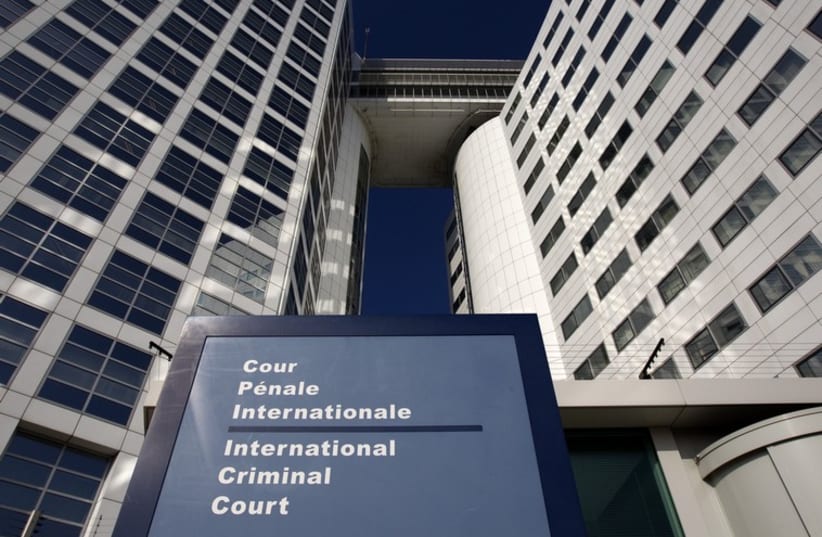Politicians on the Right have been regularly underplaying the threat of the International Criminal Court and slamming Israel’s internal lawyer take-over revolution as well as the Supreme Court for interfering in the Amona debate by telling them what is or is not legal.
Apparently some of this is for show and on Monday at the Knesset’s joint committee closed-to the media meeting on the Settlements Bill, some of the same politicians took the threat far more seriously, which will likely impact their votes.
The question is whether passing the Settlements Bill would change an ICC full criminal war crimes investigation into the settlement enterprise from a neutral or remote possibility to a much higher likelihood.
If the ICC went after the settlement enterprise for war crimes, Israeli defense ministers, housing ministers, local settlement councils and possibly others could be on the hook.
Weeks or months from now, if the Settlements Bill is either delayed until after Donald Trump’s inauguration or if it fizzles completely, Monday’s closed-door presentation by top government lawyers of the ICC dangers the bill could incur, may be viewed as the turning point.
In January 2015, the ICC recognized the State of Palestine and initiated a preliminary examination of alleged war crimes relating to the 2014 Gaza war and of the settlement enterprise.
If the bill does not pass, if not at all overconfident, top Israeli lawyers believe they have a strong shot to convince the ICC to back-off on the settlement issue. Their defenses include that settlements have never been prosecuted before as war crimes, prosecuting could open a can of worms for many other countries, unresolvable jurisdiction issues and Israeli Supreme Court rulings.
In contrast, if the bill passes, many of these defenses and the general benefit of the doubt on this new issue of interpretation, could go out the window, as Israel could be seen as practically daring the ICC not to act in the face of what most of the world, rightly or wrongly, sees as a land-grab.
With those attending the closed committee meeting taking the warning soberly and actively asking questions showing concern, there is still a solid chance that through many twists and turns and delay, this bill may die as a result of Monday’s warning.
There is another possible outcome, even taking into account that the Knesset members who received the warning took it more seriously than they have publicly until now.
They could gamble that as long as they wait until Trump becomes president, that passing the law at that point would matter less diplomatically, and that legally they can count on the Israeli Supreme Court to strike it down (which it very likely would) – eliminating any legal damage.
In other words, the ICC could not go after Israel for a law which was struck down by the Israeli Supreme Court before it goes into effect. In fact, the court striking down the law would affirm the court’s independence.
In the meantime, the politicians can turn to their constituencies and blame the Supreme Court for blocking a law they were ready to pass and argue they were ready to stand up to the ICC – even if they were counting on the court to knock down the law to avoid an ICC standoff.
Or maybe all expectations are defied, the law passes, the Supreme Court approves and the ICC stays out of the issue anyway.But it is much more likely that Monday’s classified ICC warning was the day that the Settlements Bill got stopped for over a month or reached the end of the line, regardless of the public statements
